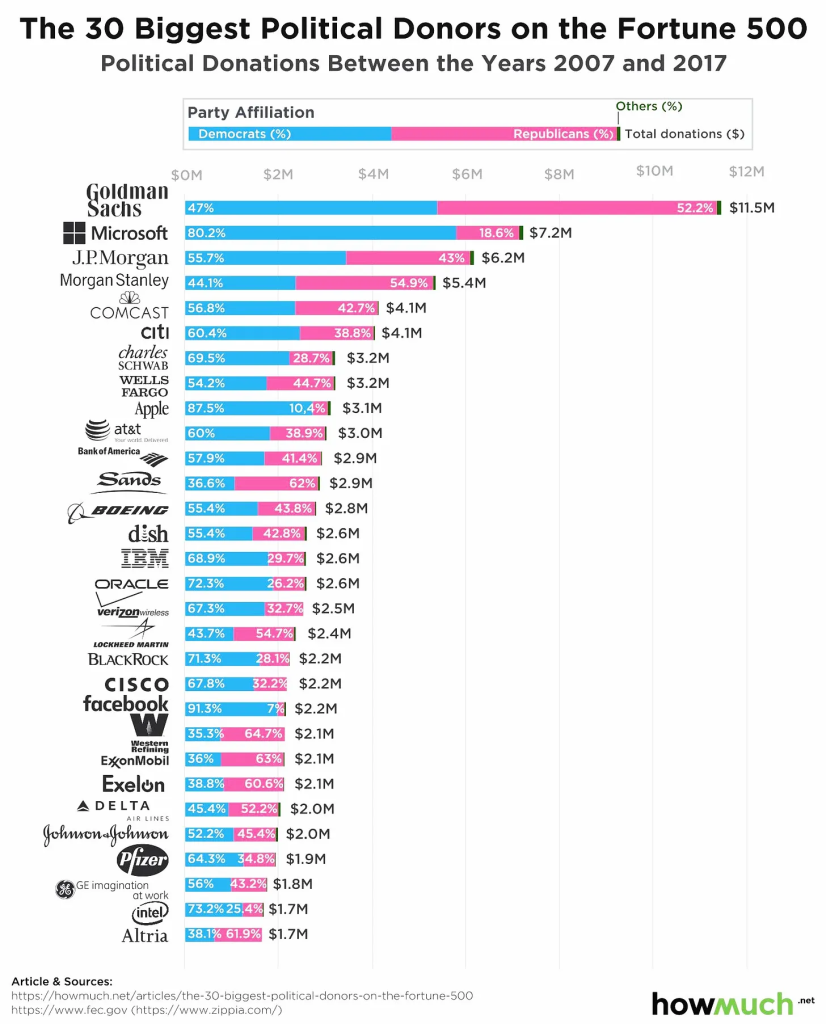Please Follow us on Gab, Minds, Telegram, Rumble, Gettr, Truth Social, Twitter

Politics in Connecticut is one of the few continually successful – i.e., money generating – businesses in the state. No one ever went poor in Connecticut betting on the ability of politicians to stuff their coffers with money drawn from hard pressed citizens.
That wise old codger Ben Franklin once pointed to the only “two certainties in life” – “death and taxes.” His apothegm is truer in our day than his because politicians in the post-American Revolution era did not have the advantage of an income tax, state or federal.
The very first thing to notice about Connecticut politics is that the state has been dominated for several decades by the Democrat Party, an adept money generator.
What accounts for the slow and painful disappearance of the state Republican Party when not so long ago both parties shared power and influence and state budgets were modest and reasonable? What are the baleful effects of a one party state? Or, to put the question in another form that true “friends of the democracy” may better appreciate, can democracy long survive in a one party state? Indeed, can a republic long survive in a one party state?
These questions may be settled by a quick glance at history. Democracies, the founders of the Republic were quick to notice, were historically far more fragile than republics, but republics also were perishable.
The durable Roman Republic, as we all know from consulting reputable historians, gave way to dictatorship under Julius Caesar which, come to think of it, is why Caesar was assassinated by those longing for a return to the Roman Republic of old.
Populism, historians tells us, is not incompatible with Caesarism in any of its forms, socialism, fascism or communism. Julius Caesar was able under a generous dictatorship to make himself extremely popular with the Roman masses. The same is true of Nero and Caligula. They were popular until forced by circumstances to exact unwanted taxes on the populous to pay for wars that enlarged the Roman Empire by declaring war on the purses of those with whom they were popular. One cannot be a populist without being popular, and Roman raids on the public purse, frequent and unwanted -- as they are in our day -- soon depressed the populism. So we are told by Gaius Suetonius Tranquillus, the author of De vita Caesarum, popularly known as The lives of the Twelve Caesars.
Like fame – “Whom the gods would destroy they first make famous” – populism in history is as fleeting as the bioluminescence of a female firefly’s underbelly.
Lovers of “the democracy” would be wise to take note. Not only persons but parties may gravitate between populism and different degrees of Caesarism. Like honor, republican government is more easily kept than restored.
During the upcoming election, we will not hear much in our media about ungovernable – pun intended – spending. Inflation, as we all know, is a hideous, hidden tax. One of the reasons we surrender more dollars for groceries these days is that the real value of our currency has been compromised by inflation, caused by excessive spending and regulation.
The value of the dollar depreciates when government, reluctant to raise taxes to cover spending, borrows or prints money to cover its debts. This creates massive dislocations in what we used to call “the free market.” Government regulations on businesses are also “hidden consumer taxes” because businesses are not tax payers. They are tax collectors that retrieve from their clients, purchasers of goods and services, lost revenue due to over-regulation and high business taxes.
Every dollar Big Business is taxed is recovered by Big Business in the form of higher prices and ferried to government coffers. Smaller businesses that do not have the resources of mega-businesses swallow the taxes and regulations -- and often choke to death on them. It is odd that no one yet has called this largely unnoticed conspiracy between large business enterprises and progressive government “the Big Business-governmental complex.”
This complex crushes smaller businesses not involved in the conspiracy to increase government spending, one of the principal causes of inflation. And, at the same time, Big Business gets rid of price reducing competition.
Big Business in our time has reached a concordat with Big Government. You keep spending money and inflating the currency, Big Business says to Big Government, and we will continue raising prices so that we may pass along to you the tax dollars you have not levied to pay for your extravagant spending. In this way, you cannot be accused of raising taxes, and we will be able to price out of what used to be called “the free market” our more enterprising, more creative competitors. It’s a win, win for both of us. And to show our appreciation for your efforts on our behalf, here is a modest campaign donation.
The Republican Party is no longer the party of Big Business. It has been supplanted by a tax greedy, spendthrift, leftist Democrat Party.
In a review of the 30 biggest political donors on the Fortune 500, how much. net tells us, “Financial institutions dominate the marketplace for political donations, making up six of the top ten companies. Goldman Sachs is in first place by a long shot, shoveling $11.5M to members of both parties. The bank’s money is split almost evenly across the aisle—possibly showing an effort to hedge against whichever party controls the levers of power. Charles Schwab provides an interesting contrast with Goldman in that the discount broker spends almost 70% of its political donations on Democrats. Microsoft and Apple also crack the top ten, but both companies clearly favor Democrats a lot more than Republicans, pumping 80% and 88%, respectively, of their political money into candidates on the left.”
Is anyone surprised?

if you hate DEMOCRACY so kuch go back to commie-loving north korea!!!!!!